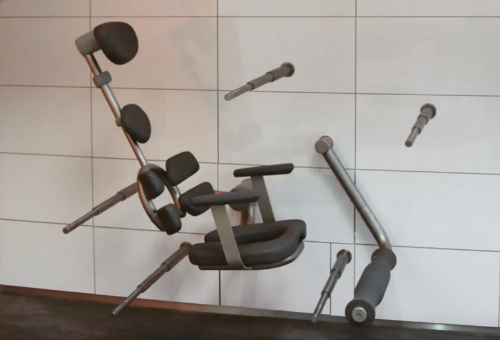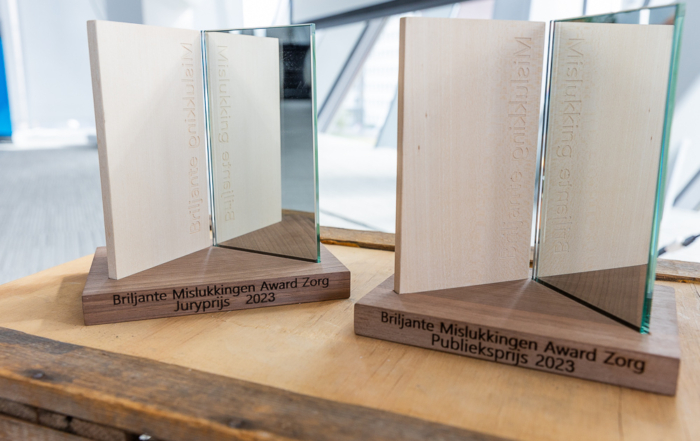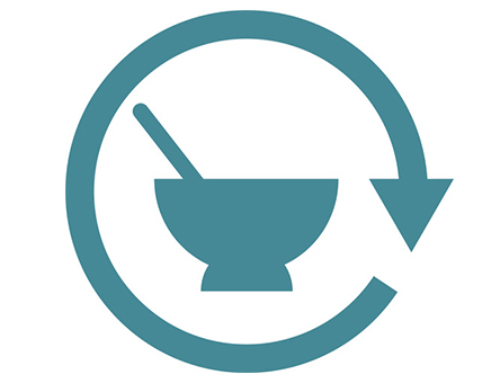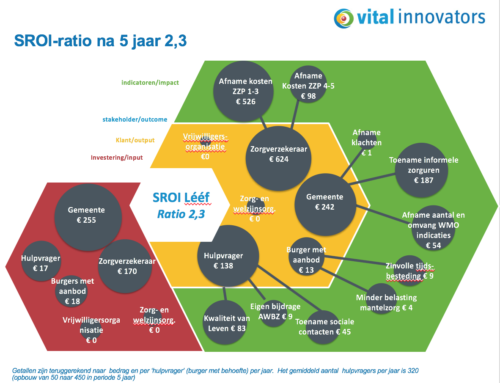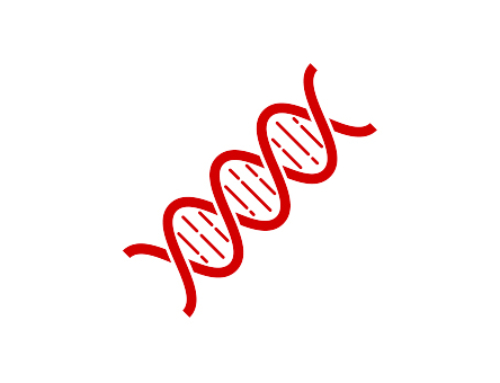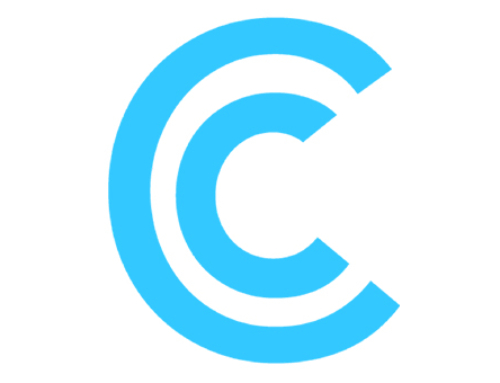Intention
In 2012 I started a PhD research entitled: Food supplement treatment with nicotinamide in children with Attention Deficit / Hyperactivity Disorder. The aim of the study was to find out whether treatment with nicotinamide (part of vitamin B12) has a therapeutic effect on children with ADHD. If it turns out that a treatment with such a dietary supplement works in reducing ADHD symptoms, then that would meet the wishes of many families with children with ADHD. This dietary supplement was seen as a possible alternative for the treatment of ADHD with medication, such as methylphenidate. The disadvantage of standard medication is that it does not work for all children with ADHD and negative side effects can also occur. The intention of this PhD research was therefore to find a scientific basis for a new treatment for ADHD based on a dietary supplement..
Approach
The study protocol has been prepared on the basis of an explanation of the theoretical underpinnings for the effectiveness of nicotinamide in children with ADHD. This theory is based on the idea that children with ADHD are deficient in the amino acid (tryptofaan) in the blood of children with ADHD. There was still too little scientific evidence for this tryptophan deficiency, so it was decided to first investigate whether children with ADHD actually have a tryptophan deficiency more often than children without ADHD. The focus of the PhD research therefore shifted to investigating amino acids in a large group of children with ADHD (n=83) and children without ADHD (n=72).
Result
Contrary to expectations, children with ADHD were not found to have an increased risk of a tryptophan deficiency. In other words: the justification for a treatment of children with ADHD with nicotinamide has expired. This also put a publication at risk.
Lessons
It was an unfortunate finding that the results of the study on amino acids in children with ADHD were only null findings. We found that many scientific journals are not eager for zero findings and often rejected the article without any review. Because we wanted to prevent other scientists from repeating the same research, we did our best to get a publication. After several rejections, the article was nevertheless published by Plos One. This is an open access journal, so they may have less fear of fewer citations from a paper with zero findings. We have learned from this that perseverance wins and that this extra effort is therefore of great importance. I would also like to pass this on to other scientists. It is important that the current publication culture is broken and that science realizes that even zero findings must be shared and published and that these findings are just as valuable and meaningful as positive outcomes.
Name: Carlijn Bergwerff
Organization: Vrije Universiteit Amsterdam
OTHER BRILLIANT FAILURES
Who finances lifestyle in cardiac rehabilitation?
Beware of the chicken-egg problem. When parties are excited, but first ask for proof, check carefully whether you have the means to provide that burden of proof. And projects aimed at prevention are always difficult, [...]
Wellness shower – after rain shower comes sunshine?
Intention Designing an independent fully automatic and relaxed shower chair for people with a physical and/or mental disability, so that they can shower alone and above all independently instead of 'mandatory' together with the healthcare professional. [...]
Brilliant Failure Award Healthcare – 20 to stop coming up with new advice 2024
Wednesday 20 In November, the Brilliant Failure Awards for Healthcare will be organized for the tenth time by the Institute for Brilliant Failures.



